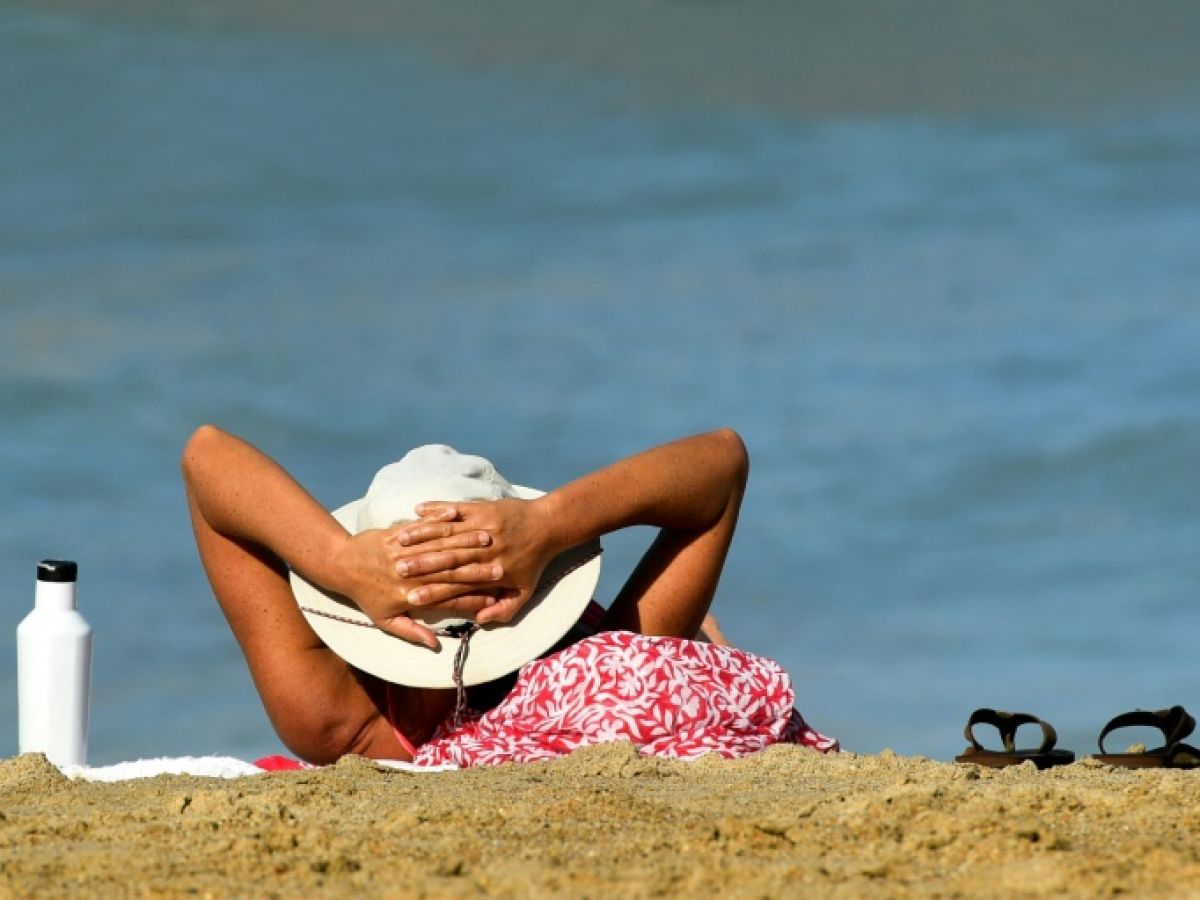“Voluntarily burning your skin for a TikTok or Instagram video: that’s what I’ve been seeing on social media for a few weeks now with sun tattoos, burn lines and tan lines,” explains Yannick Neuder in a video published on several social networks. “Your skin is your life, you only have one, don’t sacrifice it for 30 seconds of buzz.”, he said.
These trends - mostly promoted in English-language videos - involve skipping sunscreen to achieve very defined tan lines or drawing a pattern with sunscreen to keep a mark, similar to a temporary tattoo.
Exposure to UV rays, the main factor in skin cancer
“Exposing yourself to the sun without cream or any protection, sometimes even with oils or monoi, getting a temporary tattoo on your skin while getting sunburned: you have to stop all that, it’s very dangerous,” warns the Minister of Health and Access to Healthcare. Exposure to UV rays is in fact the main factor in skin cancer.
Each year in France, between 141,200 and 243,500 skin cancers are diagnosed, including 112,960 to 194,800 caused by excessive exposure to UV rays, according to Public Health France.
Read alsoA new therapeutic approach to treat the most common skin cancer
There is no "healthy tan"
"We know that sunburn in children significantly increases the risk of cancer in adulthood, the risk of melanoma," insists Yannick Neuder.
In its prevention campaign before the summer, the National Cancer Institute (INCa) clarified that there is no "healthy tan." "The latter constitutes an aggression for the skin, a sign of a reaction that is triggered against the damage caused by UV rays, whether natural or artificial. Tanned skin therefore indicates that the DNA has suffered damage.", underlines the Institute.
When exposed to the sun, the use of sunscreen is essential and should be reapplied every two hours, but even the most effective sunscreens – SPF 50 – do not filter out all UV rays.
The Minister of Health reminds us that sun protection must be multifaceted: wear tightly woven or UV-treated clothing, a wide-brimmed hat, sunglasses, and avoid exposure during the hottest hours. ANSES (French Agency for Food, Environmental and Occupational Health Safety) published on May 12 advice on risky behavior (UV cabins, food supplements, self-tanners).

